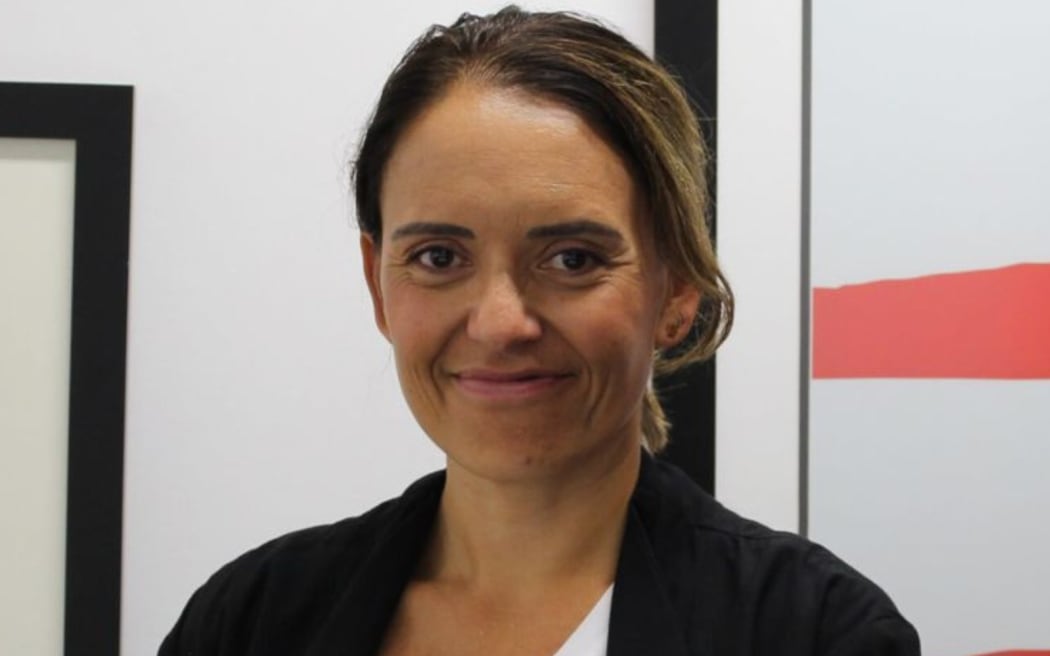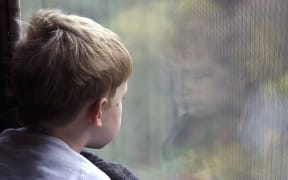
Growing up in New Zealand's research director associate professor Sarah-Jane Paine. Photo: Supplied
A long-running study is calling for urgent action to tackle 'structural disadvantage' which affects Māori children and their families at higher levels.
The research was published by Growing Up in New Zealand - a study which follows the lives of more than 6000 children and their families. The participants have now turned 12.
The latest research focused on the 1224 rangatahi Māori in the study.
Growing Up in New Zealand's research director associate professor Sarah-Jane Paine told Morning Report they were more likely to live in whānau which were not able to afford the essentials, which experienced multiple house moves and often involuntarily, and had household lower incomes.
"When we talk about 'structural disadvantages' what most people would think about is poverty, but we know from evidence ... that poverty is not random, it doesn't just pop up in our society, it is created and sustained through the decisions that we make."
Paine said that meant there were options and levers to reduce poverty, including through the welfare and education systems.
"I don't know that we need to start imagining entirely new solutions ... we've already across government, and through other similar research, seen recommendations that we think would make a difference."
What the research shows is that doing something about disadvantage early is important because once a family is embedded it is hard for them to lift themselves out, she said.
"We need the policy recommendations that already exist to be implemented as soon as possible."
What about mental health?
The study found 21 percent of rangatahi Māori experienced persistent and relatively high levels of structural disadvantage, 35 percent experienced intermittent periods of relatively high structural disadvantage, and 44 percent experienced persistent and relatively low structural disadvantage.
Paine said although rangatahi Māori experienced higher levels of depression, anxiety and had a poorer quality of life than other young people, there was little different in mental well-being between the trajectory groups.
"What this means for policy and service delivery is that initiatives to improve mental health in rangatahi Māori need to consider all rangatahi Māori - not just those in severe deprivation," she said.



